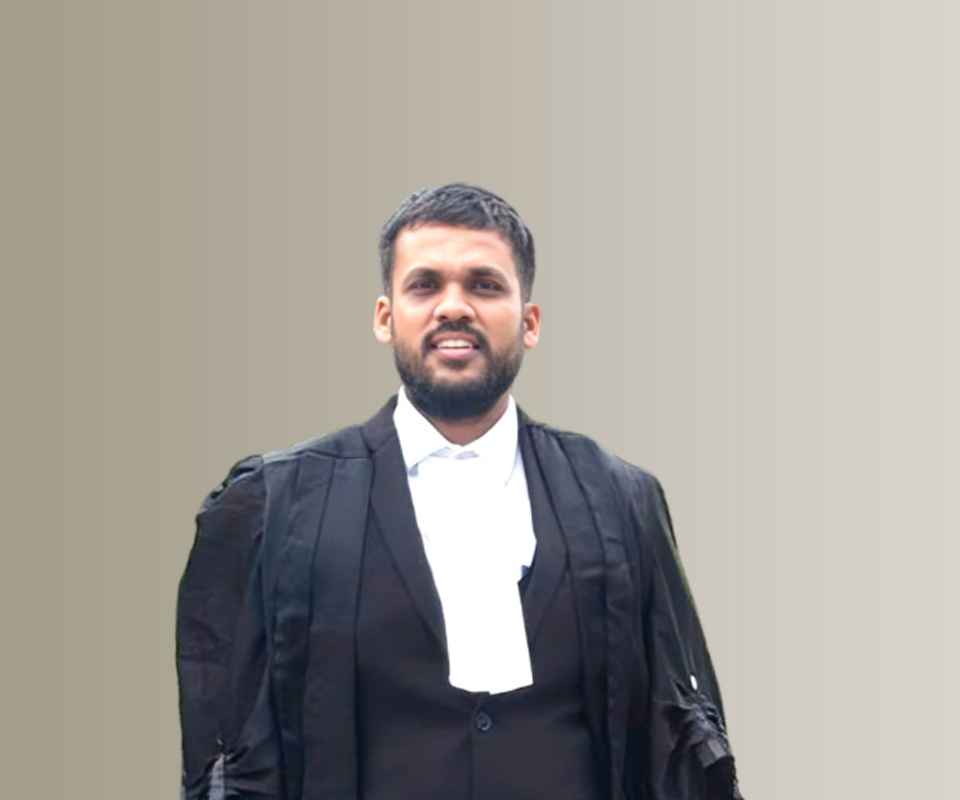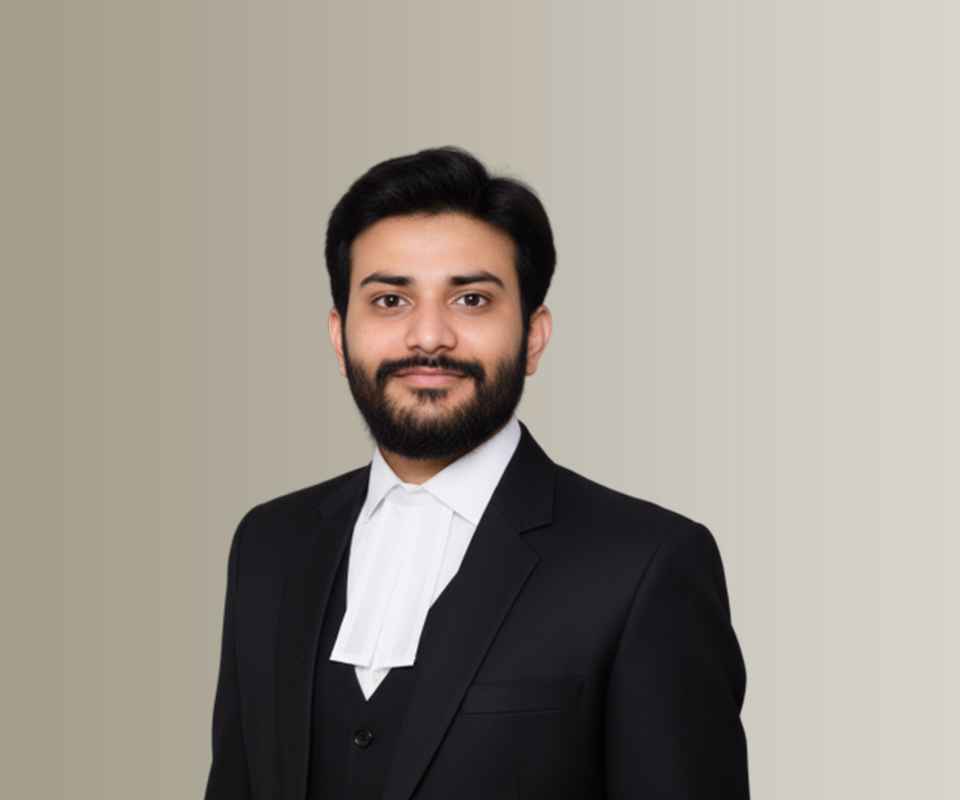Answer By law4u team
Mob lynching is a violent and unlawful act where a group of people takes justice into their own hands, often resulting in the brutal killing or injury of an individual. In India, mob lynching has become an increasingly alarming issue, leading to demands for stronger laws and enforcement mechanisms. Strengthening laws to address mob lynching requires a multifaceted approach, including legal reforms, preventive measures, and ensuring the swift prosecution of offenders.
Legal Measures to Prevent and Address Mob Lynchings
Specific Legislation Against Mob Lynching:
Enactment of a Dedicated Law: The government can introduce a specific law that defines and criminalizes mob lynching, making it a separate offense. This law should specifically address the roles of instigators, participants, and those who aid and abet mob violence.
Stringent Punishments: The law should prescribe severe punishments for those involved in lynching, including life imprisonment for the perpetrators, and for the instigators, harsher penalties. This would act as a deterrent and help in curbing such incidents.
Clear Definition and Identification of the Crime:
Legal Clarity: The law should define mob lynching clearly, distinguishing it from other forms of violence, to avoid ambiguity. This would allow law enforcement agencies to recognize and respond appropriately to lynching cases.
Identification of Key Roles: The law should identify various roles in a lynching, including those who organize, instigate, and participate, making it easier to prosecute individuals involved at different levels.
Strengthening Law Enforcement Mechanisms:
Effective Policing: Strengthen law enforcement agencies by training them to handle crowd control and violent situations more effectively. They should be empowered to act promptly to prevent mob violence and arrest perpetrators immediately.
Quick Response Teams: Establish specialized units or quick-response teams within police forces that can be dispatched immediately in cases of mob violence. These units can work with local communities to prevent the escalation of violence.
Fast-Track Courts for Mob Lynching Cases:
Expedited Legal Proceedings: To ensure swift justice, mob lynching cases should be tried in fast-track courts, reducing delays and ensuring that offenders are held accountable without prolonged legal battles.
Protection for Witnesses: Witness protection programs should be introduced to ensure that witnesses and victims' families are safe from reprisals, allowing them to testify without fear of retaliation from lynch mobs.
Community Awareness and Preventive Measures:
Public Education Campaigns: The government and civil society organizations should run awareness campaigns to educate the public on the legal consequences of mob lynching and the importance of due process. Promoting tolerance and understanding in communities can also help prevent such incidents.
Community Policing: Involve local communities in law enforcement efforts through community policing programs. This would help in identifying potential flashpoints where mob violence might occur and address them before they escalate.
Accountability for Political and Religious Leaders:
Strict Action Against Incitement: Political and religious leaders who incite violence or make provocative statements that encourage mob lynching should be held accountable. They must be prosecuted for their role in instigating violence.
Regulating Social Media: Strengthen regulations to curb the spread of false information and hate speech that often fuel mob lynchings. Social media platforms should be held accountable for monitoring and addressing content that incites violence.
Victim Compensation and Rehabilitation:
State Responsibility for Victims: The state should provide financial and legal support to the families of victims of mob lynching, ensuring their protection and rehabilitation.
Psychosocial Support: Providing counseling and social support services to the survivors and families of mob lynching victims can help them recover from the trauma and ensure their integration into society.
Example
In the case of the 2018 Alwar lynching incident, where a man was beaten to death by a mob on suspicion of cow slaughter, immediate legal reforms could have been implemented to prevent the violence. If a specific anti-lynching law were in place, police forces could have responded more swiftly to the mob's actions, and the perpetrators could have faced stricter consequences. Additionally, if there were clearer accountability measures for local leaders who might have incited the violence, this could have deterred such actions.
Conclusion:
Strengthening laws to prevent and address mob lynchings requires a holistic approach, combining strict legal measures, prompt law enforcement, community involvement, and public awareness. It is crucial to send a strong message that mob violence will not be tolerated, and individuals who participate in or incite such acts will be held accountable under the law. By addressing the issue comprehensively, the justice system can help prevent the occurrence of mob lynchings and ensure justice for victims.







